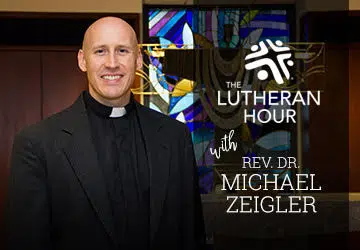By David Shepardson
WASHINGTON (Reuters) – A nearly $500 billion spending deal reached by U.S. Senate leaders on Tuesday does not expand payroll assistance to struggling local newspapers and broadcast stations, whose advertising revenues have plummeted during the coronavirus pandemic.
Democratic Senators Maria Cantwell and Amy Klobuchar and Republicans John Kennedy and John Boozman on Sunday had called on Senate leaders to revise the rules to make thousands of local newspapers, TV and radio stations eligible for assistance under the Paycheck Protection Program.
Many local outlets are ineligible because they are owned by parent companies too large to qualify.
The four senators said local newspapers had lost as much as 50% of advertising revenue, while the National Association of Broadcasters (NAB) says some local broadcasters have reported as much as a 90% loss in advertising revenues.
A separate letter signed by more than 240 of the 435-member U.S. House of Representatives on Monday called on President Donald Trump to take steps to support local media, including incentivizing some stimulus funds provided to businesses “for advertising on local media.”
Tens of thousands of local media workers are being forced to take unpaid furloughs or are taking pay cuts, while other outlets are shrinking staff and reducing the frequency of printing. Some smaller newspapers in California, Vermont and South Dakota are closing.
Unlike many other businesses, news organizations were already hurting before the pandemic. Employment at U.S. newsrooms fell 25% from 2008 to 2018, the Pew Research Center reported, a loss of 28,000 jobs, while 1,800 U.S. newspapers have closed since 2004.
Earlier this month, four groups representing broadcasters and newspapers, including the NAB, asked lawmakers to back up to $10 billion in government advertising and to rewrite Paycheck Protection Program rules.
Local news outlets still hold out significant hope they will added to another stimulus bill that Congress is expected to take up in May.
(Reporting by David Shepardson; Editing by Leslie Adler)



